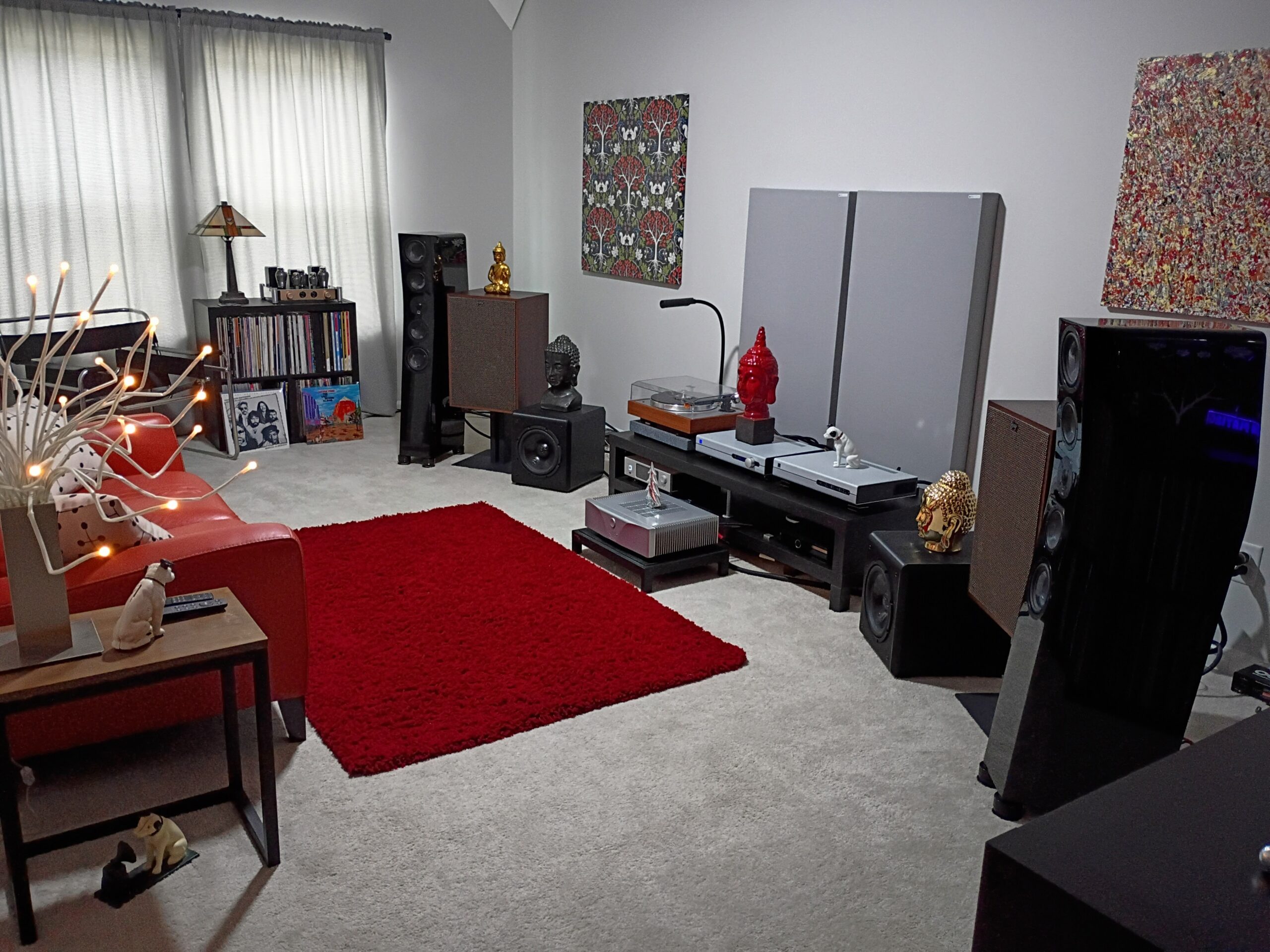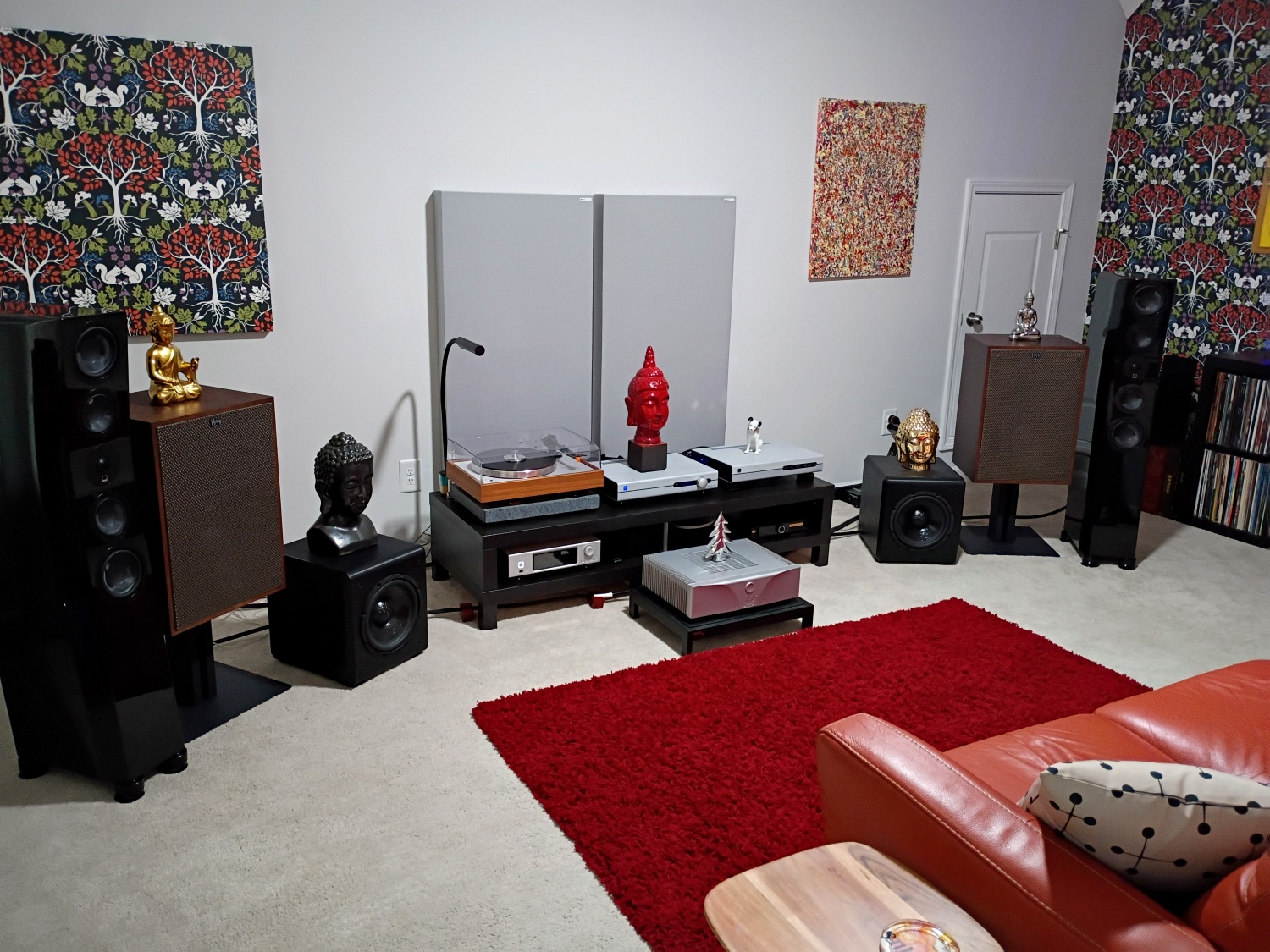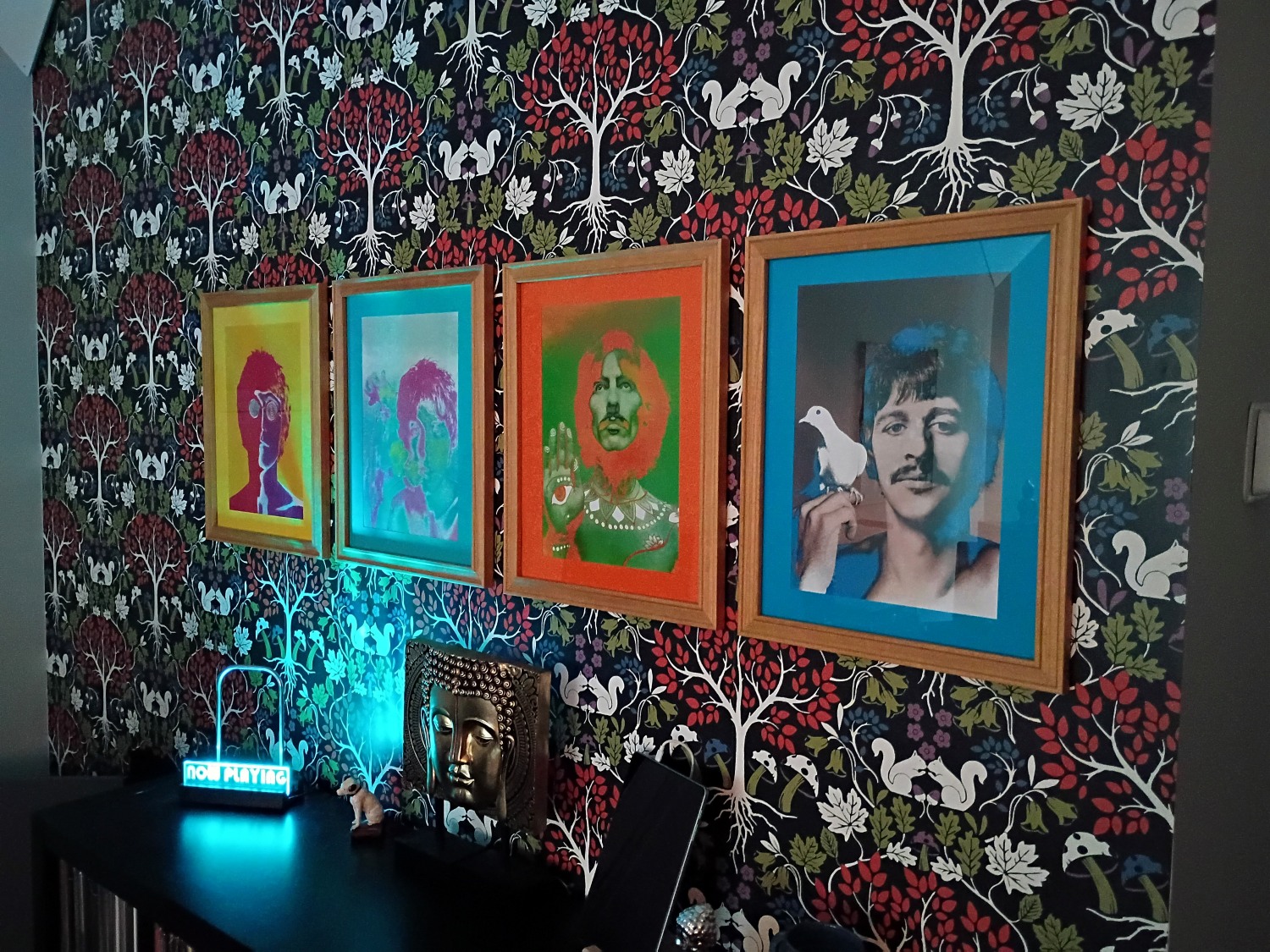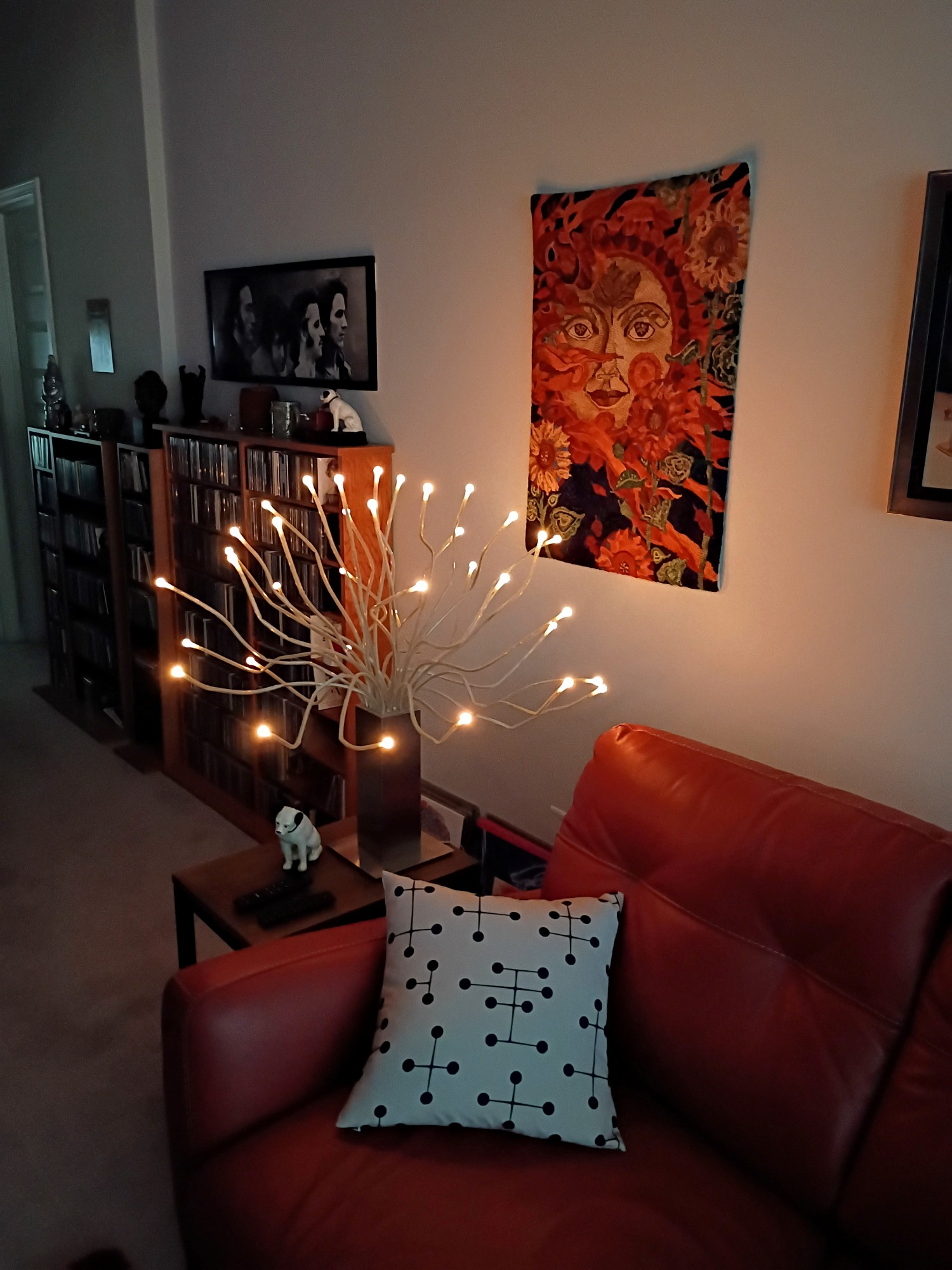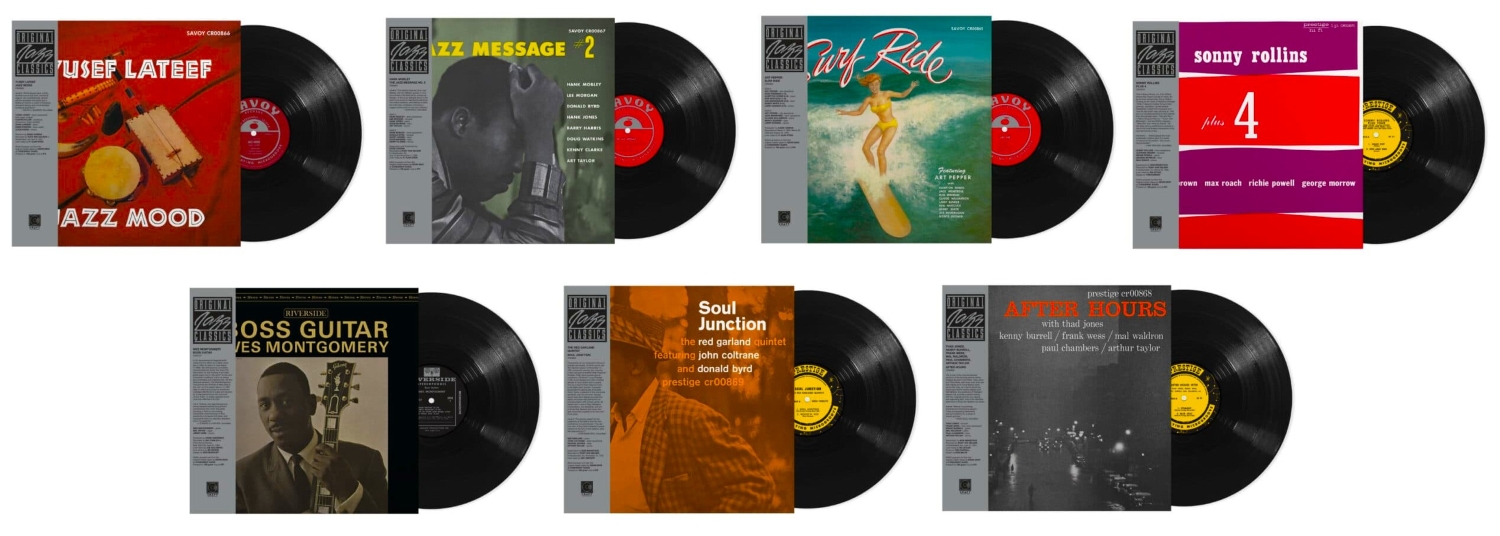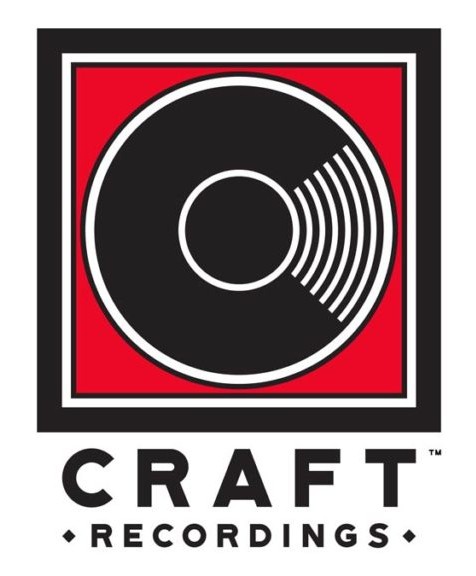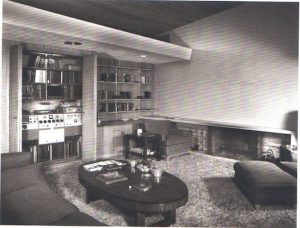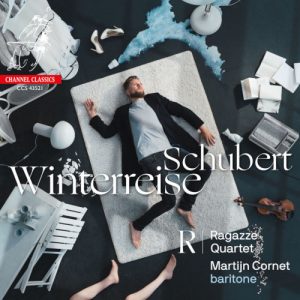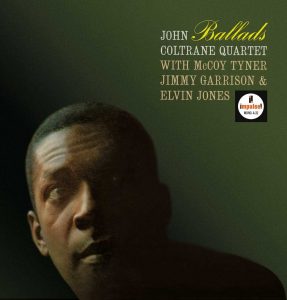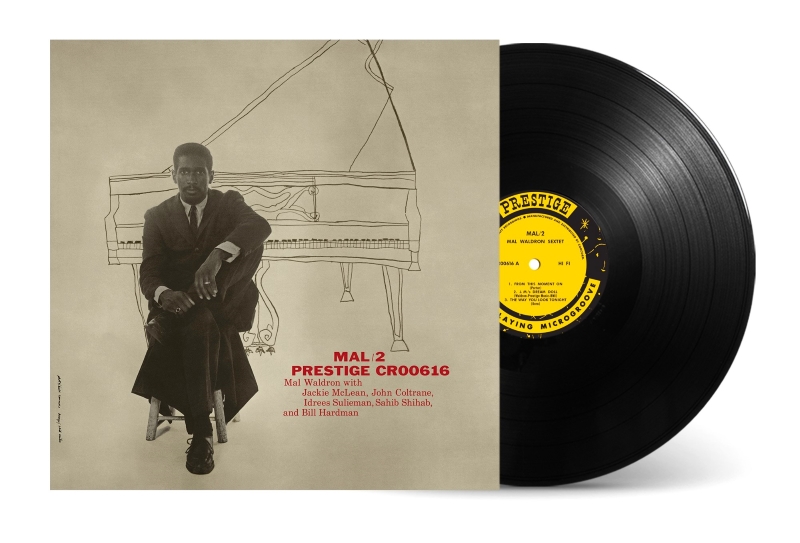
Craft Recordings continues their exciting Original Jazz Classics reissue series with the next title in the second batch of releases, pianist Mal Waldron's 1957 sextet date, Mal/2. I have to admit that as jazzed (literally!) as I have been over the announced titles so far in the OJC reboot, I was somewhat surprised by this selection, which I probably wouldn't have regarded to be among the top ranks of the many outstanding titles available from the really deep Fantasy and OJC catalogs at the outset of this reissue series. My knowledge of jazz is far from encyclopedic, but I do have a fairly extensive history with many OJC label artists and albums. And I wouldn't have considered Mal Waldron's work to be among the first ranks, or on par with classic albums from Monk, Miles, Trane, Dave Brubeck, Bill Evans, or Sonny Rollins. Or even among those from many other artists of note who recorded for the legendary imprints that eventually fell under Fantasy and OJC's umbrella.
I must confess ignorance to much of Mal Waldron's solo work, this album included. That said, I'm a big fan of jazz vocalists, and have a fair amount of exposure to his brilliant work as an accompanist to the likes of Billie Holiday, Etta Jones, and Abbey Lincoln. His list of credits as a sideman is extensive, with Waldron appearing on numerous sessions for Gene Ammons, Kenny Burrell, Jackie McLean, Charles Mingus, and John Coltrane, among a multitude of others. And Mal Waldron released over 100 albums as a leader over four-plus decades. Mal/2 was his second solo release, and was recorded for the Prestige label over a period of two days in mid-1957. Rudy Van Gelder's Hackensack, New Jersey studios was the location; Waldron recorded seven solo releases there with Van Gelder in under three years. During that same period, he did session work that appeared on at least 32 other Prestige and New Jazz label releases. Mal/2 is considered one of the highlights of Waldron's catalog, and has been out of print for over thirty years in the United States.
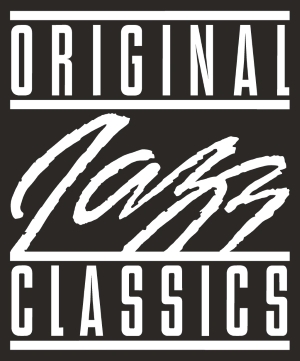
All of the new OJC reissue LPs have been cut from the original master tapes by Kevin Gray at Cohearent Audio. Mal/2 is an all analog, AAA release that was pressed on 180-gram vinyl at RTI, and by all appearances, the tip-on album jacket is a near-perfect replica of the original. Artwork for the reissue was pulled from Fantasy's vaults, and the album jacket has a high-gloss coating that matches the exemplary level of finish Craft employed with their recent Miles Davis Workin' reissue. The package also features a really cool-looking OBI strip, which will definitely add to the LPs perception of collectibility. Mal/2 arrived encased in a Craft Recordings-branded, scratch-free, static resistant rice paper inner sleeve. The rice paper inner sleeves provide excellent protection for the albums, and as such, should be the perfectionist norm for this level of reissue—hats off to Craft for maintaining this level of quality. The excellent packaging for these OJC reissues adds significantly to their desirability to collectors; Mal/2 is a beautiful album package. The album is also available as a high resolution, 24-bit/192kHz digital download, available for both purchase and streaming.
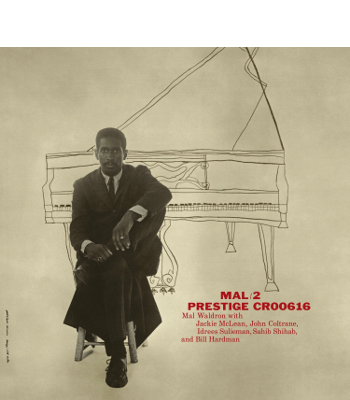
Mal Waldron, Mal/2. 180 Gram Craft Recordings Mono LP, $39.00 MSRP
Despite my initial lack of enthusiasm for Mal/2 as a top-rank choice for reissue, it only took one look at the stellar cast of support that Mal Waldron employed during these sessions to reduce my level of doubt concerning its viability. That group included John Coltrane, who plays tenor saxophone on all of the album's six tracks, and had only recently completed his excellent work with the Miles Davis Quintet's absolutely classic final recordings for Prestige. And at the time Waldron was recording this album—only his second solo release—he was simultaneously working on what would be his third album, The Dealer, which overlaps these sessions with the same group of players featured on Mal/2. While also playing for other Prestige artist sessions that included Coltrane, Gene Ammons, and Jackie McLean, and many outtakes from those recordings were issued in compilations by Prestige under the Prestige All Stars moniker. Mal Waldron was a very busy man!
For Mal/2, in addition to John Coltrane's contributions, Julian Euell played bass on all tracks. As the recordings took place on two days in April and May 1957, the April 19th sessions included Jackie McLean on alto saxophone, Bill Hardman on trumpet, and Art Taylor on drums. The May 17th sessions featured a lineup that replaced the previous players (other than Coltrane and Euell) with Sahib Shihab on alto and baritone saxes, Idrees Sulieman on trumpet, and Ed Thigpen on drums. As you can easily see, Mal/2 was essentially a blowing session. The selection of tunes features three standards and three Mal Waldron originals, but a word of caution with regard to the track sequence on the printed album outer sleeve, which is incorrect. I was initially certain that the song I was hearing wasn't the song listed on the sleeve, and a bit of investigation confirmed this. This sort of thing happened fairly frequently with Prestige releases, but then the label had so many sessions going on simultaneously, with so many tracks culled into albums from overlapping sessions that some confusion was bound to happen when the process reached the packaging stage. Fortunately, the track listing on the LP's label is correct, but I've seen numerous instances with Prestige releases where the track sequences were scrambled or even flat-out wrong on the outer sleeve!
Side one kicks off with a rousing version of Cole Porter's classic "From This Moment On," which opens to a brass fanfare from Coltrane, Sahib Shihab, and Idrees Sulieman. Then transitions directly into a brilliant Coltrane tenor solo, followed by solos from Shihab (alto sax) and Sulieman (trumpet); Waldron then takes an extended turn at the piano that's an excellent example of his prowess at the keyboard, before the song blows to its brassy conclusion. Up next is a Waldron original, "J.M.'s Dream Doll," which is a slow and poignant tune in waltz time written especially for Jackie McLean and his wife Dolly, and features extended solos from Waldron, Coltrane, Hardman, and McLean. Side one concludes with an extended version of Dorothy Fields and Jerome Kern's "The Way You Look Tonight," which features another brassy intro from the trio of Coltrane, Shihab, and Sulieman. Coltrane takes the lead, followed by a really nice trumpet turn from Sulieman, which is followed by a nice alto sax solo from Shihab that segues into another clinic in tasteful piano playing from Waldron.
Side two opens with another Waldron original, "One By One," a slowly-paced blues number which intros with a nice drum and bass vamp from Ed Thigpen and Julian Euell. Plenty of room is left throughout for Coltrane, Shihab (this time on baritone sax), and Sulieman to stretch out, and the drum and bass theme repeats to form the song's bridge. Waldron adds another really effective turn at the keyboard following the baritone solo, and Sulieman's staccato trumpet bursts punctuate the proceedings, with Coltrane joining in, as Thigpen and Euell again drive the song to a bass and drums conclusion. "Don't Explain" follows; the Arthur Herzog/Billie Holiday tune was a hit for Lady Day prior to Mal Waldron becoming her regular accompanist, and this excellent reading offers a chance for him to express his take on the classic. The unusually slow pacing alternates between major and minor chords, helping to reinforce the tune's happy/unhappy theme, and features solos from Coltrane, Jackie McLean, and Bill Hardman that follow another expressive turn from Waldron. Side two reaches a thrilling conclusion with another Waldron original, "Potpourri," which counters the pensive mood of the preceding song with an uptempo and driving finale to the album. It highlights the excellent blowing of Coltrane, McLean, and Hardman, while Art Taylor's drumming propels the song with his superb stick work.
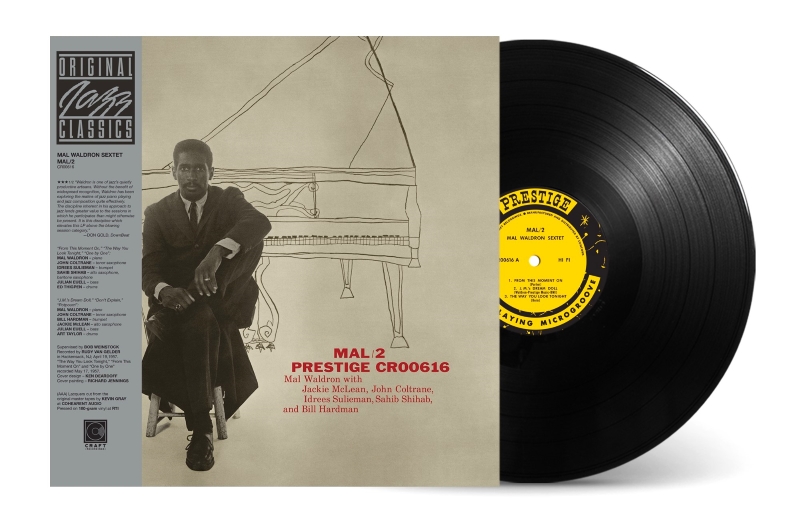
Mal/2: Listening Evaluation
Click on my name in the header and you can see the equipment I used to evaluate my review copy of Mal/2. I played the LP on my mostly analog system, this time using my heavily modified Rega Planar 2 turntable that's mounted with an Ortofon 2M Mono cartridge. It plays through a Sutherland KC Vibe phono preamp; the signal is then fed to a PrimaLuna EVO 300 tube integrated amplifier playing into a pair of KLH Model Five loudspeakers. It's a very vintage-sounding, modern analog system, and provided superb playback of this excellent reissue LP. My PrimaLuna tube amp allows you to select from either ultralinear or triode mode with a click of a button on the remote, but for this classically acoustic recording, I felt the triode mode afforded the music a greater level of clarity and transparency. The sound quality throughout the evaluation period was never less than superlative.
I was unable to determine from any of the pre-release information provided by Craft Recordings whether Mal/2 was a mono or stereo recording; there's nothing on the LP or jacket that confirms it. Coming from the dawn of the age of stereo recordings, this 1957 session could have been either. A trip to Discogs online showed that all releases—with the exception of a couple of Japanese stereo reissues—were issued in mono, including this one. Whether actual stereo tapes exist or whether the Japanese reissues were rechanneled into stereo is unknown. Even though I was convinced the LP was probably a mono recording, I started playing the album first on my stereo setup to confirm that, then continued my evaluation on my dedicated mono turntable setup. The sound from a true-mono cartridge just blows away the sound you get from a mono-via-stereo cartridge setup. Mono cartridges only have to deal with the groove signal in a single plane, and the resultant sound is impressively quiet compared to the modulation of surface noise and groove geometry shortcomings you often must deal with in playback of mono sources from a stereo cartridge. The end result is that you can really hear very deeply into the music; Mal/2 sounded magnificent in true mono. My black vinyl review copy had shiny and glossy surfaces; there were no other surface imperfections, and mono playback yielded no appreciable groove noise; that's very typical for LPs sourced from RTI, which are among the quietest pressings available in this day and age.
With repeat listens, this record has really grown on me, and I've developed a great appreciation for Mal/2—especially considering the excellent mono sound and the stellar supporting cast of players. That said, I'm still a bit confused by Craft's selection of it in terms of the OJC reboot release sequence. I probably wouldn't have placed it in my top ten, or maybe even top twenty of OJCs I might consider for reissue. But it's still an enjoyable listen, an excellent introduction to Mal Waldron's body of work, and deserves to be heard by a wider audience. Mal/2 comes with my highest recommendation!
Craft Recordings
All images courtesy of Craft Recordings




